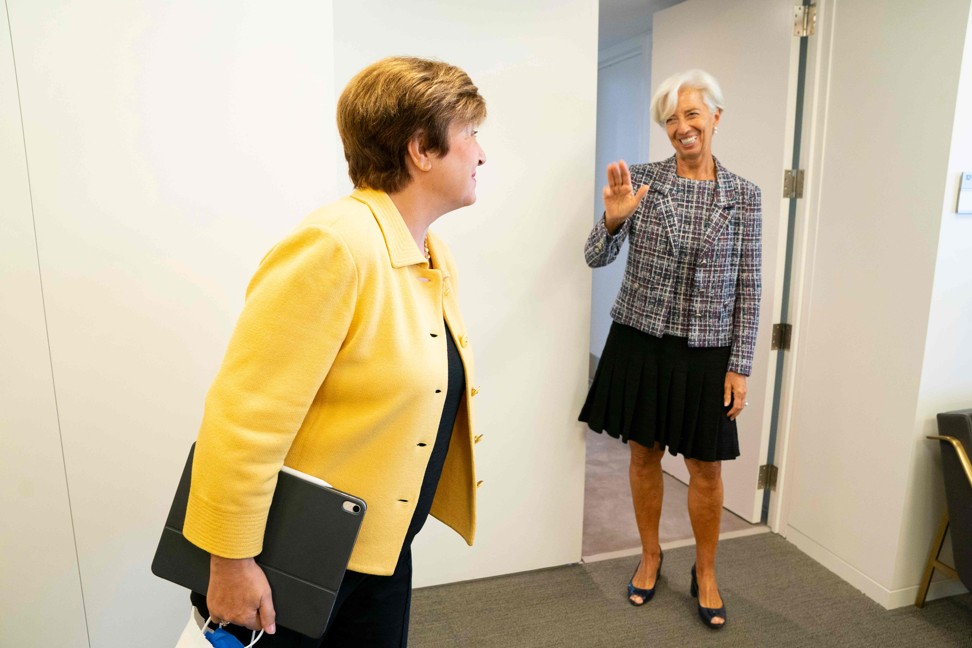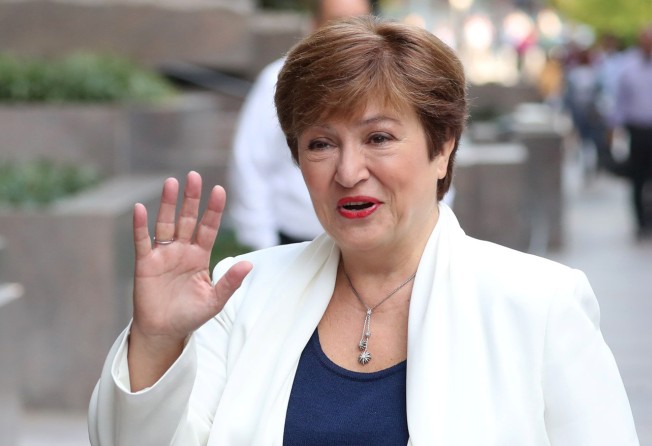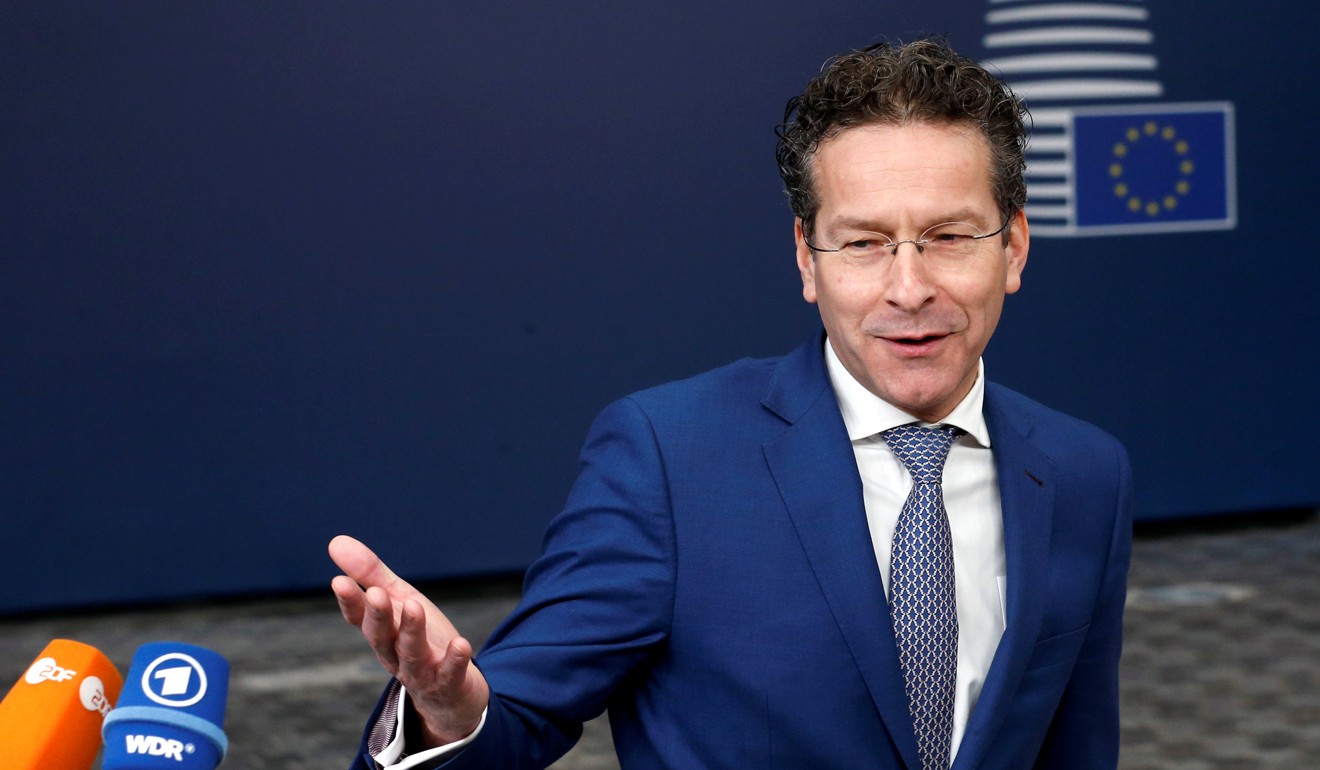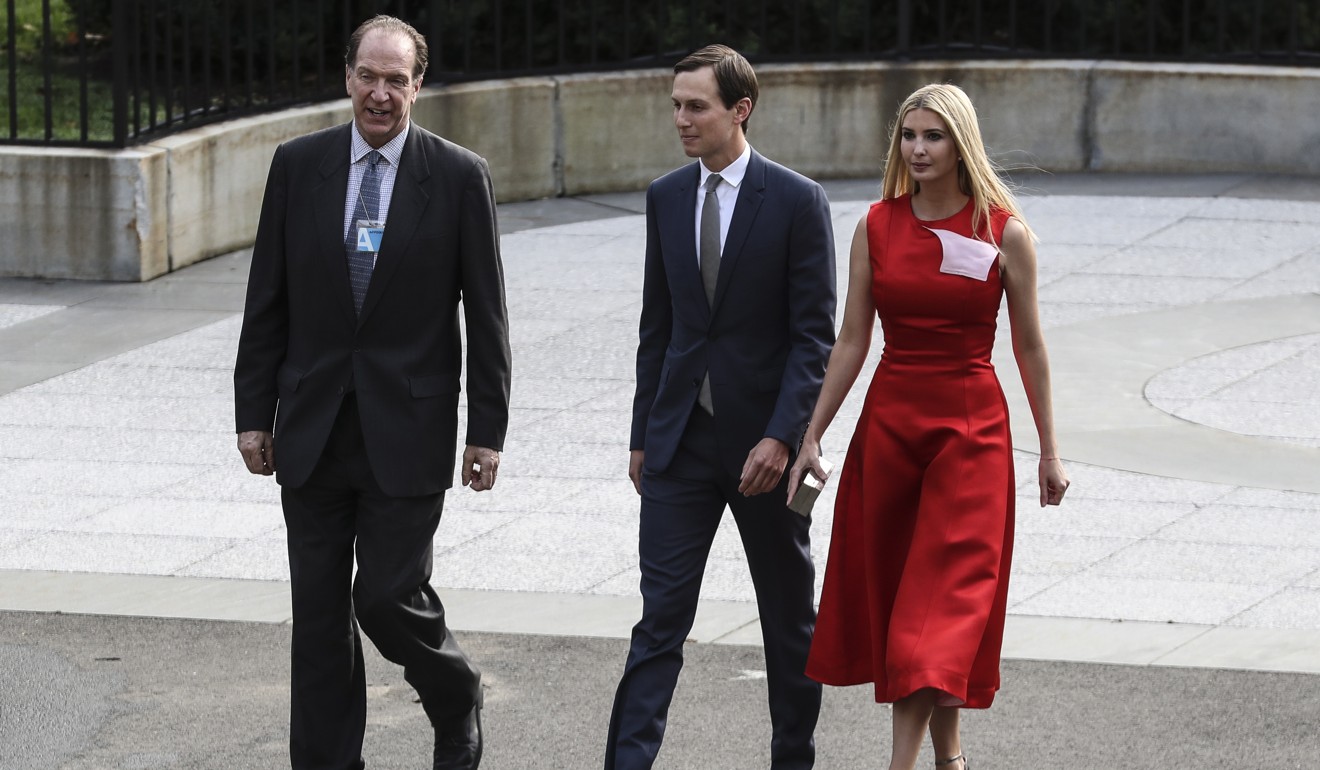
New IMF leader Kristalina Georgieva must smash the system that gave her the job if she wants to truly help the world
- Kristalina Georgieva has all the qualifications in both finance and politics to be an excellent IMF managing director. Nonetheless, her defining task will be reforming the opaque, inadequate system through which she was appointed

Without fanfare, Kristalina Georgieva was anointed to succeed Christine Lagarde as managing director of the International Monetary Fund. I am sure she will be brilliantly successful.
But her finest hour will be in leaving the IMF in five years if she manages to smash and replace the system through which she took the job. It is time global financial institutions chose the best candidate in a transparent way.
Sadly, Georgieva came to the job though a sham, the opposite of the fund’s executive board when it announced “an open, merit-based and transparent” search for Lagarde’s successor.
Instead, European Union ministers huddled together and, after bitter arguments, infighting and two rounds of voting, Georgieva became the EU’s choice.
Her selection marked the waning influence of German Chancellor Angela Merkel, who supported Dutch candidate Jeroen Dijsselbloem. France led southern and east European countries, which opposed the austerity measures Dijsselbloem promoted with the IMF in bailing out Greece, Cyprus and Spanish banks.

Georgieva did not even meet the terms of the complex voting system France devised: to win 55 per cent of the votes of the 28 EU members representing at least 65 per cent of its population: she won 56 per cent of the votes, but only 57 per cent of the population. Still, Dijsselbloem conceded.
There was one more twist. The day before nominations closed, the IMF changed the rules to remove the age limit of 65 for a new managing director; Georgieva turned 66 in August.
Georgieva, though, will shrug it off. She has plenty of experience in dirty political games from years in Washington at the World Bank, where she was chief executive until September, and in Brussels as a European commissioner.
She ticks all the boxes that the fund directors regarded as essential: “a distinguished record in economic policymaking at senior levels … an outstanding professional background, and [has] demonstrated the managerial and diplomatic skills to lead a global institution”.
As a Bulgarian growing up under communist rule, she had a late start in international finance. She was 34 before opening her first proper bank account in 1987, at the London School of Economics on a British Council scholarship.

She went from London to the Massachusetts Institute of Technology, and thence to the World Bank as an environmental economist.
She was 40 when she arrived in Washington. Her progress in the bank was rapid and testing, including a spell in Moscow as director for the Russian Federation. She rose, in 17 years, to be vice-president and corporate secretary, and responsible for the World Bank’s governance reform.
At the bank, at the European Commission, where she became vice-president for the budget from 2014, and then back at the bank as its first-ever chief executive officer from 2017, she dealt with all the hot-button issues afflicting the world, and gained an unflinching reputation.
She neither sought conflict nor backed away from it, and was always ready to disarm with a smile and good humour.
Back at the World Bank this year, she managed to get a 50 per cent capital increase, the largest ever, for which she had to win over US President Donald Trump’s increasingly nationalist, anti-multilateral administration.

Some critics say that Georgieva, given how crucial was Prime Minister Emmanuel Macron’s support, will be France’s prisoner at the IMF.
I think this unlikely. She comes from a small but independent-minded country. Her father’s grandfather was a revolutionary lawyer and journalist who helped build Bulgaria, freshly independent from the Ottoman empire.
She is conscious that she is the first IMF head from an emerging-markets country. Yet, with her experience, knowledge and concern for the biggest issues, including climate change, gender disparity and fragile states, Georgieva would be better suited as World Bank president.
This takes us back to the starting point: the rotten state of global governance. Georgieva should have been promoted to take over from Jim Yong Kim at the World Bank earlier in the year.
But no one would risk an explosion of the Trumpian volcano by suggesting that the White House abandon the outdated privilege of nominating an American to head the bank, while Europeans control the IMF. This convention dates back to 1945 when the IMF and bank had 30 members, not the 189 today.
The world badly needs global institutions run by people with a global view, proposing global solutions to the immense problems confronting this fragile planet. This is especially so when nationalist politicians like Trump – and too many others – are trampling on our common values, hopes and dreams.
It will not be easy, not least because the IMF and World Bank are owned by their shareholder governments, in which the US has a 15 per cent share.
Georgieva’s immediate task is to pilot the IMF and the world through increasingly uncertain times. But she then has to think of the IMF, the World Bank and the world after her. She understands the institutions and the issues; the question is whether she has the guile and wisdom to outwit and smash the system that gave her the job.
Kevin Rafferty, journalist and former Osaka University professor, was managing editor at the World Bank